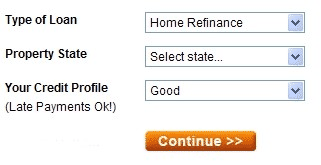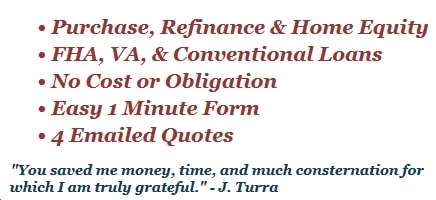Mortgage reserves are assets you have but do not use for closing costs or down payment. Reserves can turn a denial into an approval since the automated underwriting computer loves reserves.
The amount of reserves is determined by the computer and because of the mortgage crisis; reserves have become even more important to mortgage lending.
Reserves are defined as assets like cash, vested amount in retirement account, stock, cash value of life insurance, or bonds. And when we say cash we mean the money kept in a checking or savings account. Actual paper money is never used in any part of mortgage closing costs, down payment, or reserves. A lender wants to make sure you didn’t get your money illegally. And if all you have is cash that is not in a checking or savings account, they don’t know where it came from.
The first part of the reserve requirement is how many reserves you have. The automated underwriting will tell your loan officer or broker how much is needed. It does that by taking your PITI and asking for so many months of it to be in reserve.
Note: Read Our Top Five Mortgage Complaints!
For example, the computer says it needs 2 months PITI (principal, interest, taxes, and insurance) in reserves for your approval. If your PITI is $1300, then you need to show $2600 total reserves.
If you are using a retirement account, you can only use 60% of the vested amount for reserves.
The second part is how you prove mortgage reserves. You need to show either one or two month’s bank statements or other statements depending on the asset.
And they have to be the most recent.
Sometimes, your loan make take a while to get to the closing table. You probably gave your loan officer all the documents showing your assets and reserves. Since the underwriter needs the most recent statements, you may be asked for additional documents even though you already gave them the previous ones.
Make sure there are no surprises on them! Don't head out and buy new furniture or whatever. Leave your asset and reserve picture the same until you close. You don't want your loan denied in the last minute.
If there is a large deposit on a statement, the underwriter will ask you to explain it and ask for the asset that it came from.
If you sold a car and deposited the money in your bank account, the underwriter will see the large deposit. You will have to provide the bill of sale to show you had ownership of the asset and that is where the money came from.
Mortgage reserves can really turn a denial into an approval. Back when we originated loans, we saw this all the time. If you have a high mortgage debt to income ratio for example, the computer will look for other parts of your picture to see if they are strong. 30 months of reserves in a retirement account can turn a negative looking loan into a very strong and positive one.
Your loan officer or broker should ask you in depth about your assets because mortgage reserves are that important.
Note: Compare Mortgage Rates of local lenders now!
Get a mortgage rates quote from 4 legit lenders Free...Click Here!Author: The Mortgage Insider





